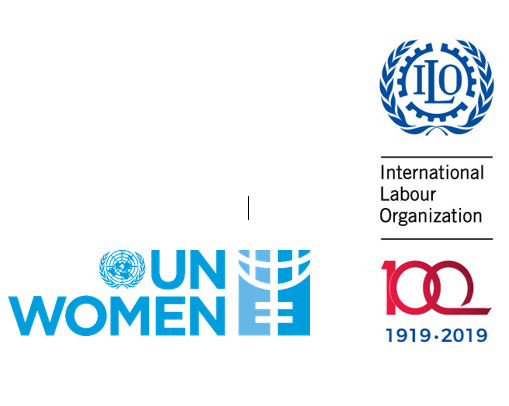Available data from 2015 shows that nearly six out of ten wage and salaried workers worldwide are employed on part-time or temporary work (ILO, 2015, p.13). The ILO estimates that, in 2017, around 42 per cent of workers (or 1.4 billion) worldwide worked in own-account arrangements or in contributing family work in 2017 (ILO, 2018f, p.1). Furthermore, the number of workers in vulnerable employment is predicted to increase by 17 million workers per year in 2018 and 2019 (ILO, 2018f, p.1). Own-account workers and contributing family workers “…are more likely to be informally employed, have fewer chances to engage in social dialogue and are less likely to benefit from job security, regular incomes and access to social protection than their wage and salaried counterparts” (ILO, 2018f, p.6).
The context of non-standard forms of employment, particularly relating to job insecurity and economic pressure, can increase the likelihood of violence and harassment. Extensive research points to a significant increase of violence and harassment carried out against temporary and part-time workers. For instance, a large survey from Quebec shows that “both temporary workers and part-time workers to be more at risk of sexual harassment and occupational violence than their fulltime permanent counterparts” (ILO, 2016c, p. 202).
Women traditionally take on greater care responsibilities at home, and this constrains the type of employment they can undertake outside the home, often relying on part-time work to be able to balance work and family responsibilities. In fact, “in nearly all countries of the world, women are …more likely to be found in part-time work than men” (ILO, 2016c, p.121). It is important to note that women in non-standard and informal employment face significant risks of violence and harassment and they may be subject to violence and harassment based on their gender, as well as on their form of employment (AFL-CIO, 2017). [1] For example, a young woman intern, trainee or temporary worker who is propositioned with sex by an employer in exchange for access to a paid job; a low-paid bar worker or server who may be asked to tolerate sexist comments from customers as “part of the job”; or a woman farm worker who is sexually assaulted while working in an isolated field and is threatened into silence.
Organising and recruiting women and extending collective bargaining rights to workers in non-standard employment and informal work represents a significant new development, showing the widening reach of trade unions and collaboration between unions and informal workers’ organizations.
[1] For case studies from retail, food, hotel, homecare and agricultural sectors see: Futures Without Violence. Low Wage, High Risk, a pilot site project to address the vulnerability of low-wage workers to gender-based violence and exploitation. Available at: https://www.futureswithoutviolence.org/workplace-safety-equity/low-wage-worker-project/. This project focuses on violence prevention in the retail, food service, hotel, homecare, and agricultural sectors, where workers often earn less than the national average wage, endure unsafe and exploitative working conditions, and may have uncertain immigration status.
